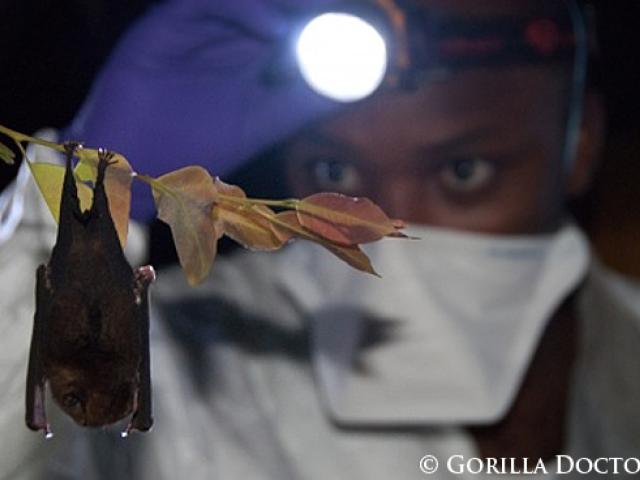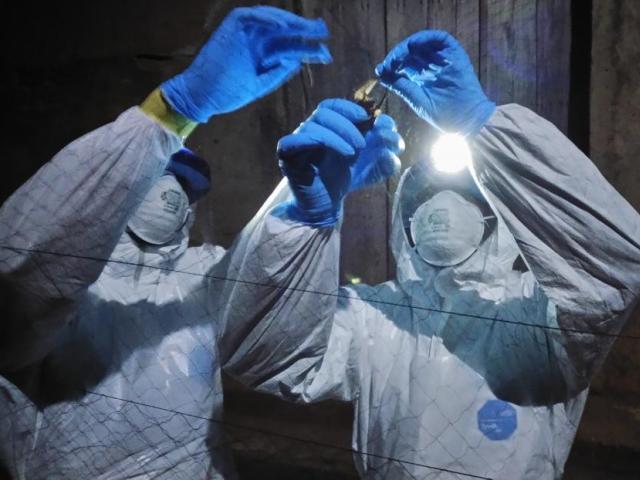PREDICT
PREDICT, a project of USAID’s Emerging Pandemic Threats (EPT) program, was initiated in 2009 to strengthen global capacity for detection of viruses with pandemic potential that can move between animals and people. PREDICT has made significant contributions to strengthening global surveillance and laboratory diagnostic capabilities for both known and newly discovered viruses within several important virus groups, such as filoviruses (including ebolaviruses), influenza viruses, paramyxoviruses, and coronaviruses.
PREDICT activities supported emerging pandemic threats preparedness and the Global Health Security Agenda, primarily in Africa and Asia. A decade later, more than 30 countries around the world have stronger systems to safely detect, identify, prevent and respond to viral threats. PREDICT initiated One Health Surveillance, a transdisciplinary collaborative approach to understanding infectious disease risk at the animal-human interface. The PREDICT-trained workforce, including zoonotic disease specialists and laboratory scientists at more than 60 national, university and partner laboratories, is one of the best response resources to assist with safe and secure detection and response to COVID-19 and other emerging biological threats.
On April 1, 2020, PREDICT was granted a 6-month extension to assist with COVID-19 response efforts, and is providing technical and logistical support to our implementing partners around the world.
Life of Project Highlights:
- >6,800 people trained for the One Health Workforce in over 30 countries
- >164,000 animals and people safely sampled and tested for zoonotic disease threats
- >60 laboratory systems enhanced with biosecure zoonotic disease detection capabilities
- 949 novel viruses detected, including Bombali ebolavirus, Zaire ebolavirus, Marburg virus, and MERS- and SARS-related coronaviruses
- 217 known viruses detected
PREDICT established best practices in One Health surveillance and biosecurity, to identify viruses with the potential to spillover from animals into people and help prepare the world for more rapid detection in future epidemics and pandemics. PREDICT works in full compliance with US federal and international regulations and we have set the standard in optimizing collaborative transdisciplinary work needed for early detection of viral threats where these are most likely to emerge. Through our network of global and host country partners, our work adheres to national and international ethical, legal, and regulatory requirements and we go beyond these obligations to strive for optimal practices in transparency, cooperation, biosafety, and information sharing.
PREDICT is led by the UC Davis One Health Institute, and core partners include USAID, EcoHealth Alliance, Metabiota, Wildlife Conservation Society, and Smithsonian Institution. Contact us at predict@ucdavis.edu.




